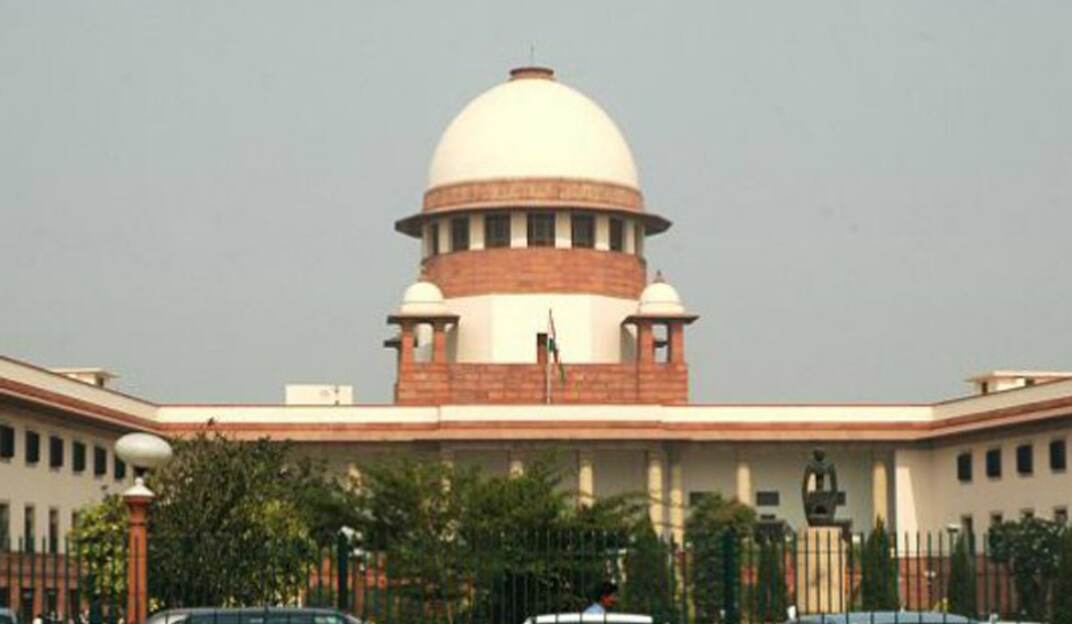SC keeps judicial wheels turning during COVID

New Delhi: Wide-ranging directions passed in the world war against COVID-19 to alleviate the plight of citizens and keeping the wheels of judiciary turning by delivering several key verdicts, including the one which led to the hanging of four convicts in the sensational Nirbhaya gang rape and murder case, were the key imprints left by the Supreme Court in 2020.
All the odds notwithstanding, the apex court kept delivering verdicts having far-reaching impact, including the orders passed in matters related to anti-Citizenship Amendment Act (CAA) protest at ShaheenBagh, to the latest order on farmers' agitation against new farm laws at Delhi's borders.
Besides, it took a giant leap towards gender justice by granting permanent commission for women officers in the armed forces.
The year also saw the top court face strong criticism on various counts even as it upheld free speech and expression for the citizens. As the country came to a standstill amid the Coronavirus-induced lockdown, the apex court not only swiftly evolved a system and switched to video conferencing and e-filing instead of physical hearings but also showed the way to other courts across India to ensure that citizens continue to have uninterrupted access to justice.
While it held in the ShaheenBagh case that public spaces cannot be occupied indefinitely and demonstrations have to be in designated places alone, it said that farmers' agitation should be allowed to continue without impediment as protest is a fundamental right.
The top court stood firmly with the cherished freedom of speech and expressions for citizens, especially the media, by granting protection to scribes like Vinod Dua, Arnab Goswami and Amish Devgan and famously observed: India'a freedom will rest safe as long as journalists can speak to power without being chilled by a threat of reprisal.
The apex court, which refused to stay the operation of CAA without hearing the Centre, said that a five-judge Constitution bench would decide its validity. Similarly, it has sought response of the Centre on a batch of pleas against the new farm laws. The year also witnessed unprecedented controversy when Andhra Pradesh Chief Minister YS Jagan Mohan Reddy made allegations against Justice N V Ramana, who is in line to become the next Chief Justice of India, in a letter to incumbent CJI S ABobde.
Later, while speaking at a condolence meet for former top court judge AR Lakshmanan, Justice Ramana said greatest strength of judiciary is the faith of people in it and judges must be steadfast in holding on to their principles and fearless in their decisions to withstand all pressures and odds.
In 2020, the top court faced a barrage of criticism over allegations of not acting swiftly towards the plight of lakhs of migrant workers, who started returning to their native places from big cities with their families trudging hundreds of miles due to the sudden nationwide lockdown.
It took cognisance of several COVID-19 related issues, including on migrant workers in which it passed a slew of directions to ensure that they reach home safely and are provided with food and shelter, and also on providing treatment as well as dignified handling of dead bodies in hospitals.



